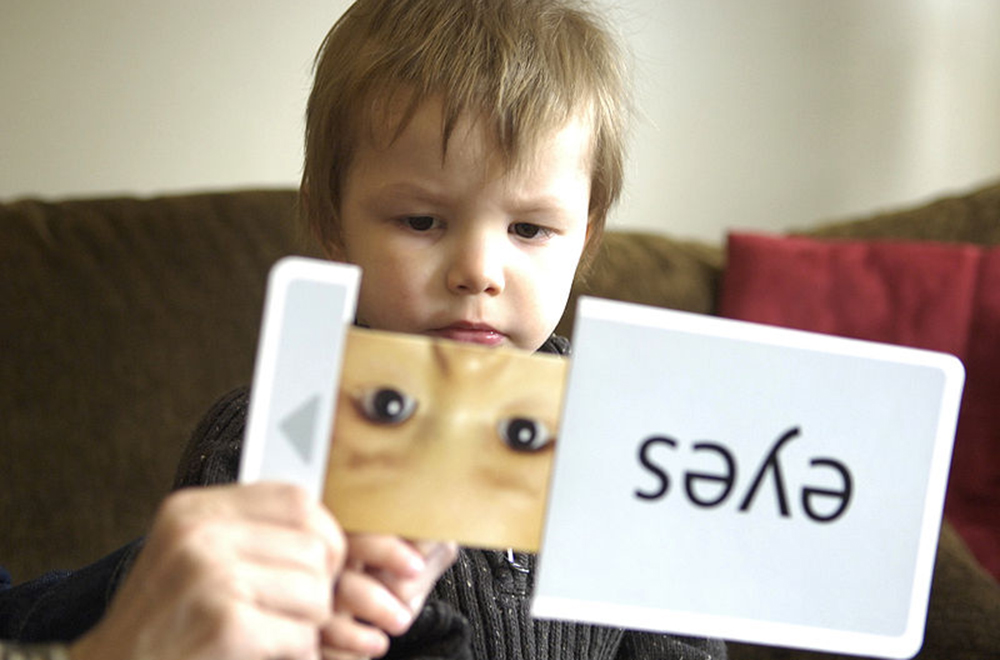Children with autism will continue to receive intensive support through specialised learning centres. Government funding to $7.8 million has been committed to ensure six Autism Specific Early Learning and Care Centres remain open until June 30, 2020.
The funding will allow the centres to develop and adapt their business models to sustainably operate within the National Disability Insurance Scheme (NDIS), as well as enabling parents to prepare for the NDIS. The centres are located in Melbourne, Adelaide, South Western Sydney, Brisbane, Perth and Tasmania.
Social Services Minister Dan Tehan, said the government recognised the important role early intervention played in the lives of young children with autism as well as their parents.
“The targeted learning and care delivered at these centres gives special needs children a good start to the first six years of life and contributes to positive long-term outcomes,” he said. These will provide parents with resources to care for their children and the opportunity to meet other parents in a similar situation and participate more in the community.
New Autism Advisory Group
An Autism Advisory Group (AAG) has also been established to provide a strong voice on behalf of people with autism who are participating in NDIS.
The AAG that includes autism experts, service providers and people with lived experience of autism will advise the National Disability Insurance Agency (NDIA) on autism, and how to deliver the best outcomes for adults and children.
The AAG has set four priorities for the next 12 months:
- Exploring the most appropriate approach for assessing NDIS eligibility and improving outcomes for people with autism
- Improving the NDIS participant experience for people with autism
- Enhancing the skills of NDIA staff, Local Area Coordinators and Early Childhood Early Intervention staff, and
- Providing greater mainstream and community inclusion for people with autism.
The AAG has had wide-ranging discussions with the NDIA about key issues and priorities for the sector and Australians on the autism spectrum, Australian Advisory Board on Autism Spectrum Disorders chairperson, Adrian Ford said.
“The NDIA listened and are committed to working with the AAG and the sector more broadly on improving the life outcomes of people on the autism spectrum,” he said.
The AAG will now develop a work plan to guide its priorities and stakeholder engagement program. The Group is comprised of the Cooperative Research Centre for Living with Autism (Autism CRC), Amaze, ASAN AUNZ, AABASD and the Australian Autism Alliance.

